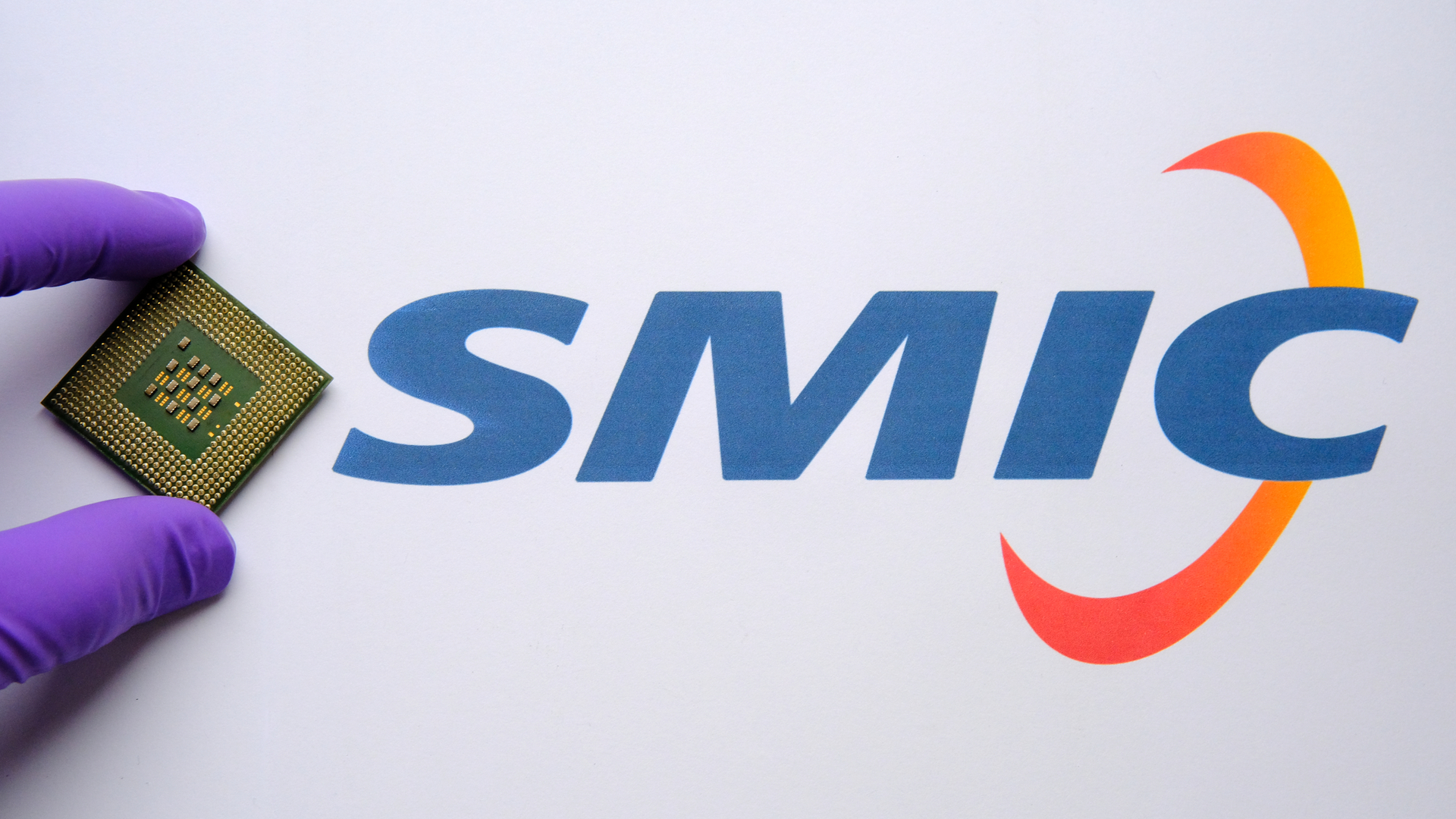Huawei chip supplier SMIC hit by US restrictions
The Trump administration’s decision marks the latest development in the rocky US-China trade relations


The US Commerce Department has imposed restrictions on exports to China’s biggest chip maker Semiconductor Manufacturing International Corp (SMIC), citing risks of military use.
SMIC is a supplier of semiconductors for Chinese companies such as Huawei, as well as US-based Qualcomm. In order to provide the chips, SMIC sources equipment from US manufacturers, such as California-based Applied Materials.
According to a letter from the US Commerce Department, seen by Reuters, SMIC’s suppliers will now have to apply for individual licenses in order to continue exporting their equipment to the company.
SMIC denies it has ties with the Chinese military and said that it had not received any official notice of the restrictions from the US departments.
However, the news has caused SMIC’s share prices to fall as much as 7.9% to HK$17.12 (£1.72). According to Reuters, this is the lowest since 29 May, when shares were down 6.7%.
The Trump administration’s decision marks the latest development in the rocky US-China trade relations and is expected to directly impact Huawei. Last month it was reported that the company was running out of its own high-end chips for smartphones due to the US sanctions which were imposed earlier this year.
On 10 August, Huawei confirmed that it would be halting production of its most advanced smartphone chips, Kirin 9000, on 15 September. Starting from this date, the AP reported, Taiwan Semiconductor Manufacturing Co. (TSMC), which has been making Kirin 9000 chips using US equipment, was banned from manufacturing chips on behalf of Huawei's HiSilicon subsidiary.
Get the ITPro daily newsletter
Sign up today and you will receive a free copy of our Future Focus 2025 report - the leading guidance on AI, cybersecurity and other IT challenges as per 700+ senior executives
At the time, CEO of Huawei’s consumer business unit Richard Yu said that “this year may be the last generation of Huawei Kirin high-end chips”.
A week later, the Commerce Department announced that it would be expanding restrictions aimed at preventing Huawei from obtaining semiconductors without a special license, including foreign-made chips manufactured using US software or technology. Sources said that the Trump administration was also planning to add 38 Huawei affiliates in 21 countries to the growing list of companies on the government’s economic restrictions.
Having only graduated from City University in 2019, Sabina has already demonstrated her abilities as a keen writer and effective journalist. Currently a content writer for Drapers, Sabina spent a number of years writing for ITPro, specialising in networking and telecommunications, as well as charting the efforts of technology companies to improve their inclusion and diversity strategies, a topic close to her heart.
Sabina has also held a number of editorial roles at Harper's Bazaar, Cube Collective, and HighClouds.
-
 Bigger salaries, more burnout: Is the CISO role in crisis?
Bigger salaries, more burnout: Is the CISO role in crisis?In-depth CISOs are more stressed than ever before – but why is this and what can be done?
By Kate O'Flaherty Published
-
 Cheap cyber crime kits can be bought on the dark web for less than $25
Cheap cyber crime kits can be bought on the dark web for less than $25News Research from NordVPN shows phishing kits are now widely available on the dark web and via messaging apps like Telegram, and are often selling for less than $25.
By Emma Woollacott Published
-
 How to empower employees to accelerate emissions reduction
How to empower employees to accelerate emissions reductionin depth With ICT accounting for as much as 3% of global carbon emissions, the same as aviation, the industry needs to increase emissions reduction
By Fleur Doidge Published
-
 Worldwide IT spending to grow 4.3% in 2023, with no significant AI impact
Worldwide IT spending to grow 4.3% in 2023, with no significant AI impactNews Spending patterns have changed as companies take an inward focus
By Rory Bathgate Published
-
 Report: Female tech workers disproportionately affected by industry layoffs
Report: Female tech workers disproportionately affected by industry layoffsNews Layoffs continue to strike companies throughout the tech industry, with data showing females in both the UK and US are bearing the brunt of them more so than males
By Ross Kelly Published
-
 How can small businesses cope with inflation?
How can small businesses cope with inflation?Tutorial With high inflation increasing the cost of doing business, how can small businesses weather the storm?
By Sandra Vogel Published
-
 How to deal with inflation while undergoing digital transformation
How to deal with inflation while undergoing digital transformationIn-depth How can organizations stave off inflation while attempting to grow by digitally transforming their businesses?
By Sandra Vogel Published
-
 How businesses can use technology to fight inflation
How businesses can use technology to fight inflationTUTORIAL While technology can’t provide all the answers to fight rising inflation, it can help ease the pain on businesses in the long term
By Sandra Vogel Published
-
 Embattled WANdisco to cut 30% of workforce amid fraud scandal
Embattled WANdisco to cut 30% of workforce amid fraud scandalNews The layoffs follow the shock resignation of the company’s CEO and CFO in early April
By Ross Kelly Published
-
 Some Tech Nation programs could continue after Founders Forum acquisition
Some Tech Nation programs could continue after Founders Forum acquisitionNews The acquisition brings to a close a months-long saga over what the future holds for Tech Nation initiatives
By Ross Kelly Published